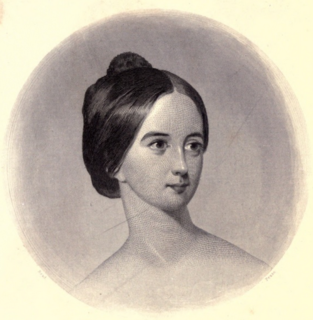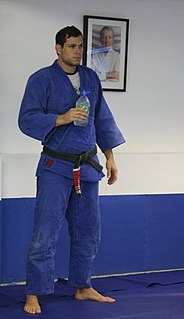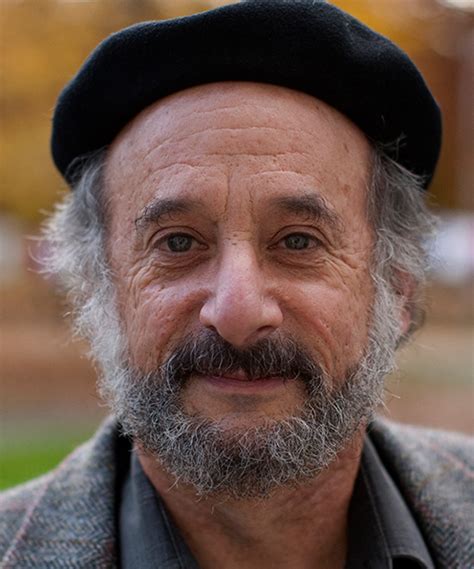A Quote by Marcel Duchamp
All decisions in the artistic execution of the work rest with pure intuition and cannot be translated into a self-analysis.
Related Quotes
To all appearances the artist acts like a mediumistic being who, from the labyrinth beyond time and space, seeks his way out to a clearing. If we give the attributes of a medium to the artist, we must then deny him the state of consciousness on the aesthetic plane about what he is doing or why he is doing it. All this decisions in the artistic execution of the work rest with pure intuition and cannot be translated into a self-analysis, spoken or written, or even thought out.
An absolute can only be given in an intuition, while all the rest has to do with analysis. We call intuition here the sympathy by which one is transported into the interior of an object in order to coincide with what there is unique andconsequently inexpressible in it. Analysis, on the contrary, is the operation which reduces the object to elements already known.
Intuition is the innate ability in everyone to perceive truth directly - not by reason, logic, or analysis, but by a simple knowing from within. That is the very meaning of the word "intuition": to know, or understand from within - from one's own self, and from the heart of whatever one is trying to understand. Intuition is the inner ability to see behind the outer forms of things to their inner essence.
Leaders trust their guts. "Intuition" is one of those good words that has gotten a bad rap. For some reason, intuition has become a "soft" notion. Garbage! Intuition is the new physics. It's an Einsteinian, seven-sense, practical way to make tough decisions. Bottom line, circa 2001 to 2010: The crazier the times are, the more important it is for leaders to develop and to trust their intuition.
Labor is rest--from the sorrow that greet us;
Rest from all petty vexations that meet us,
Rest from sin-promptings that ever entreat us,
Rest from the world-sirens that hire us to ill.
Work--and pure slumbers shall wait on thy pillow;
Work--thou shalt ride over Care's coming billow;
Lie not down wearied 'neath Woe's weeping willow!
Work with a stout heart and resolute will!
Coming back to America was, for me, much more of a culture shock than going to India. The people in the Indian countryside don't use their intellect like we do, they use their intuition instead, and their intuition is far more developed than in the rest of the world. Intuition is a very powerful thing, more powerful than intellect in my opinion. That's had a big impact on my work.
What an artist does, is fail. Any reading of the literature, (I mean the literature of artistic creation), however summary, will persuade you instantly that the paradigmatic artistic experience is that of failure. The actualization fails to meet, equal, the intuition. There is something "out there" which cannot be brought "here". This is standard. I don't mean bad artists, I mean good artists. There is no such thing as a "successful artist" (except, of course, in worldly terms).
If we decide rightly what to do, or use a correct procedure for making such decisions, that has to be because the decisions or the procedure rest on good reasons, and these reasons consist in the apprehension of truths about what we ought to do. Because these truths must constitute reasons for our decisions, and because in the rational order, reasons must always precede the decisions based on them, the truth conditions of claims about what we ought to cannot be reduced to, or constructed out of, decisions about what to do, or procedures for making such decisions.
Buddhist epistemologists do argue that rational analysis leads to the conclusion that rational analysis cannot give us infallible access to truth, including that one. That's not self-defeating, though; it only induces an important kind of epistemic humility and a clearer view of what we do when we reason. We engage in one more fallible human activity among many.






































